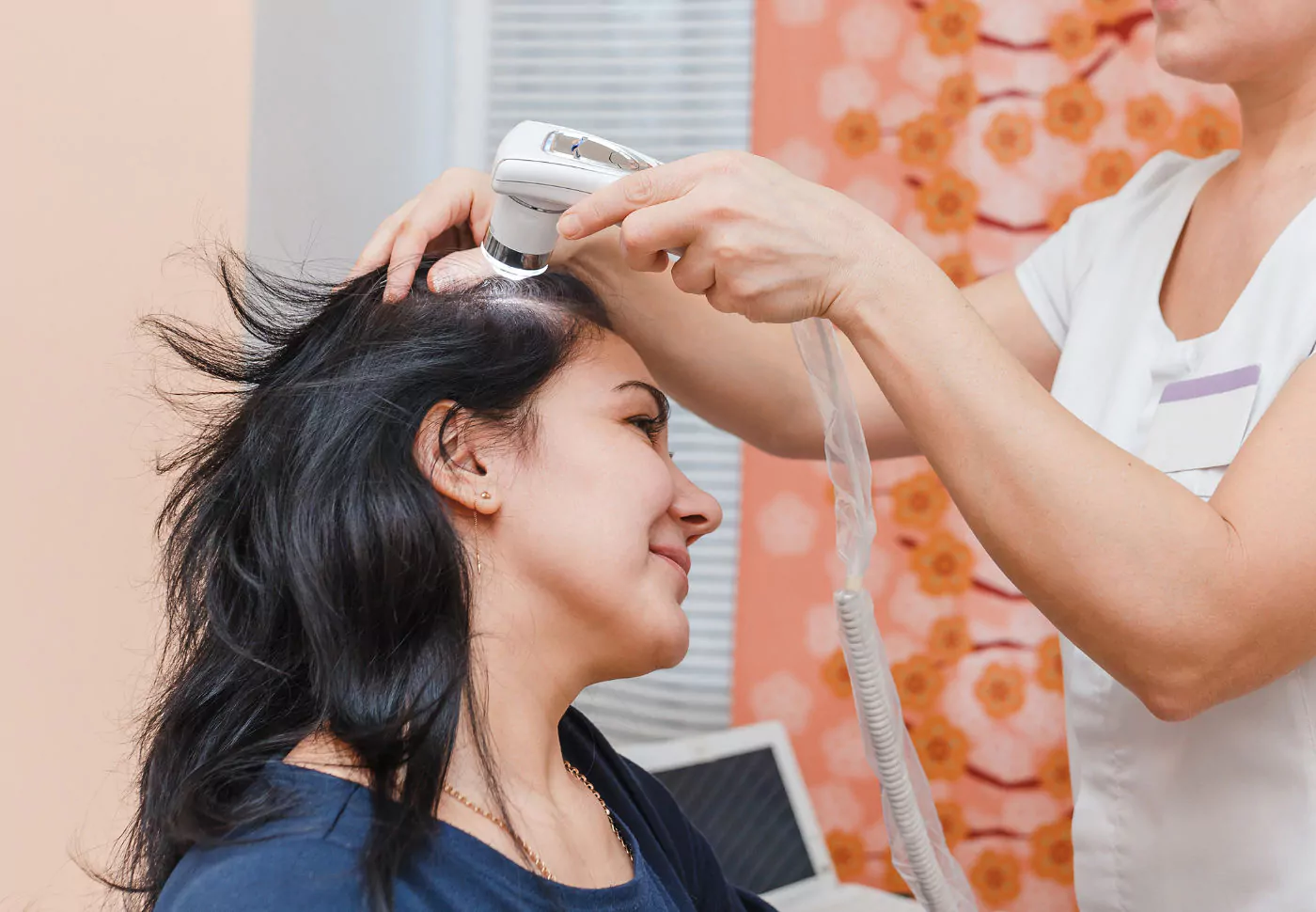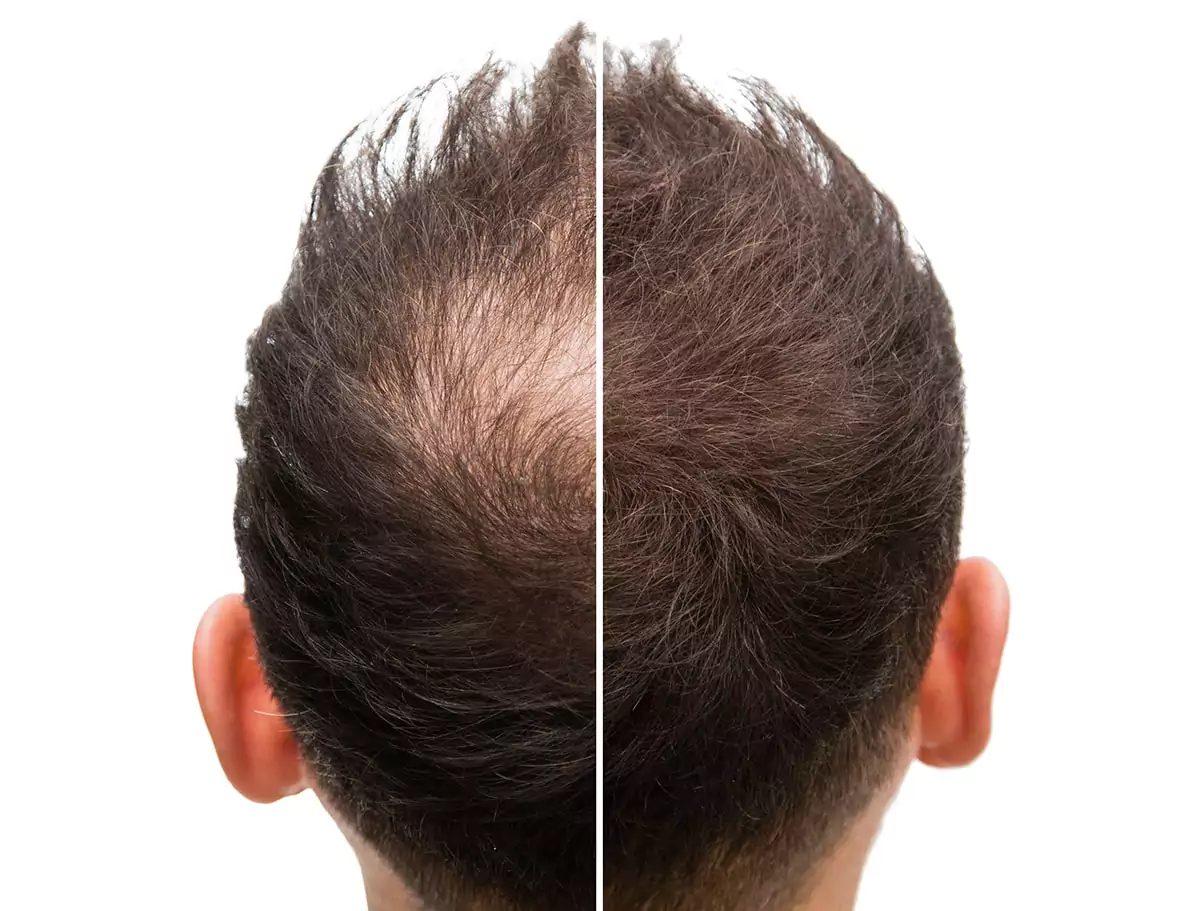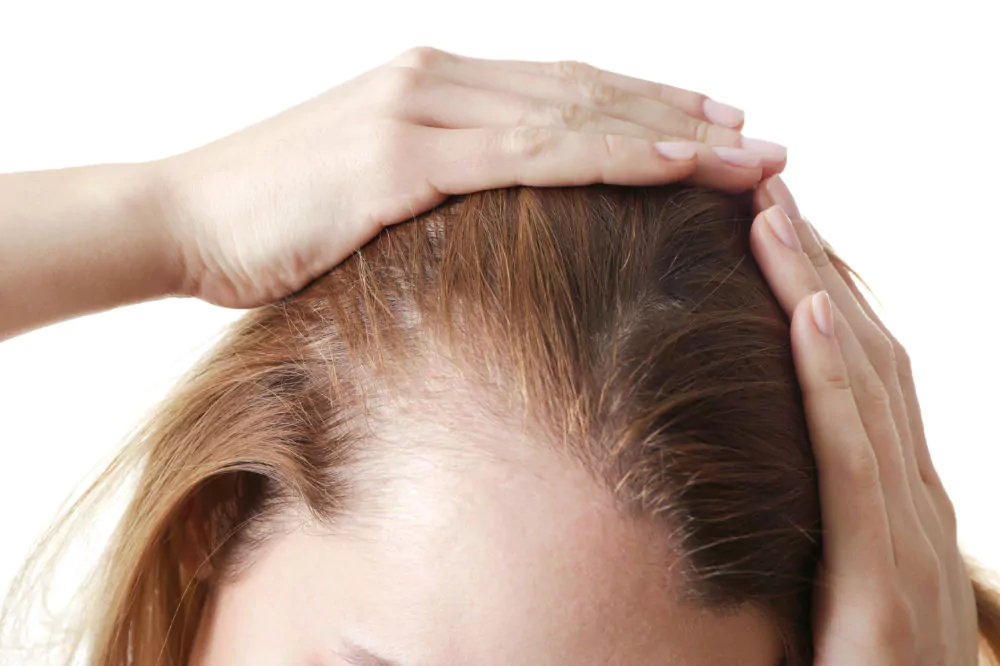While hair loss may be caused by various conditions and diseases, the resulting distress, anxiety, and lack of confidence are pretty much the same for everyone. Millions of men and women suffer from hair thinning regardless of their age. Nearly half of all men will have some noticeable hair loss when they reach their late forties.
For many, losing their hair is genetically determined, but chronic illnesses and diseases can also cause hair to thin and fall out. Even diet and lifestyle can have adverse effects on the condition of one’s hair and scalp.
Science and medicine have tried through the centuries to analyse and devise ways to help stop hair loss and encourage hair regrowth. Today, trichology’s paramedical science focuses solely on treating the diseases and damage that affect human hair, hair loss, and the scalp conditions associated with it.
A specialist in this science is called a trichologist.
What Is A Trichologist?

A trichologist specialises in identifying hair and scalp conditions that could be the cause of hair loss. They do so in an attempt to stimulate the regrowth of hair while retaining the hair that remains.
Trichology is a paramedical specialty. This means that a trichologist works with patients and their physicians to supplement their effort and medical work. In consultation with your physician, the trichologist can better understand how your hair loss is related to the deficiencies or other medical issues you may have.
Trichologists differ from dermatologists because they focus exclusively on hair and scalp health, not the face and other skin areas. Their specific training gives them a fuller understanding of how hair loss works. With this information, a trichologist can formulate a treatment plan for the hair and scalp to prevent it. A trichologist can also devise a hair care routine to stimulate hair growth.
How Can A Trichologist Help With Hair Loss?
A trichologist begins by getting to know their clients. During the consultation, a trichologist examines the hair and scalp, gathers the individual’s personal history, and looks at genetic factors, their daily lifestyle, environmental conditions, and any other health problem that could affect their hair scalp health.
Medical information, such as medications the client may be taking, hormonal problems, and nutritional deficiencies, are also considered in the consultation profile a trichologist compiles.
Using this information, the trichologist assesses the patient and can suggest treatment plans, such as PRP therapy or topical treatments. They might also suggest changes in lifestyle or environment that can improve the rate of hair regrowth and benefit scalp conditions.
Once the trichologist has a diagnosis for a specific scalp condition or disorder, they can recommend treatment or therapy to alleviate the problems and help the hair and scalp heal and stabilise. These treatments or therapies, usually in the form of creams or shampoos, will be specialised to deal with the unique condition for which they are designed.
A trichologist can advise their patients on hair restoration, including a referral to get a hair transplant if the patient desires it. Hair replacement, including wigs, extensions, or weaving, may also be considered. A trichologist can advise on those options as well.
Trichologists cannot prescribe medications to a client because, while highly trained, they are not doctors. However, they work closely with your dermatologist or physician and provide suggestions and information if prescription treatments are necessary. Further tests on the scalp, such as biopsies, may also be needed to complete a diagnosis and ensure that the best treatment is identified and prescribed.
Reasons For Hair Loss And Hair Thinning

The clinical term for any kind of hair loss is alopecia. Alopecia is primarily associated with the scalp and may diffusely spread over the head, or it can follow a pattern, such as a patch on the top of the head or a bare patch at both temples. It may be temporary or permanent.
Understanding why a person is losing their hair is vital to correctly treat it. That is where the skills and experience of a trichologist are invaluable.
The most common hair loss type is often referred to as “Male Pattern” or “Female Pattern” hair loss. The medical term for this type of hair loss is androgenetic alopecia.
Pattern Loss

Male pattern hair loss, often called male pattern baldness, usually follows a defined pattern, starting above both temples and gradually causing the hairline to recede until it forms the characteristic shape of an “M.” The hair will also decrease at the crown of the head. It may eventually lead to partial or complete baldness.
Androgenetic alopecia in men can be connected with certain medical conditions, including:
- Heart disease
- Prostate enlargement
- Diabetes
- Hypertension (high blood pressure)
Female Pattern hair loss is quite different in that it does not follow a pattern at all. The hairline does not recede, and instead, hair all over the head becomes thinner. Women with this type of hair loss rarely become bald, but the effect on their confidence and self-perception of beauty can be devastating.
For women, this type of hair loss is often associated with Polycystic Ovary Syndrome (PCOS), a condition characterised by an imbalance in hormones. Weight gain, irregular menstruation, excessive hair on the body, and acne are all symptoms of PCOS.
Common Conditions And Diseases Affecting The Scalp
Skin diseases may also affect the scalp, causing the hair to shed excessively. Some common conditions that affect the scalp include:
- Dandruff
- Folliculitis
- Lichen simplex
- Psoriasis
Another scalp problem is the scaling and oiliness of seborrhoeic dermatitis. This problem is similar to dandruff but is often caused by a fungal infection. The cycle of scaling, itching, and shedding requires meticulous care to prevent hair loss and infection.
Parasitic infestations such as head lice can also cause hair loss if they are not correctly controlled with prompt and effective treatment. Severe cases may require a patient to get a haircut, effectively starting from scratch to eliminate the infestation and heal the scalp.
Alternative Options When Experiencing Hair Loss
Treatments for hair loss range from topical solutions to surgical procedures, depending on hair loss and the cause. Many products, such as minoxidil, were found to be effective by accident. Originally used as a heart medication, health professionals noticed that patients enjoyed thicker, fuller hair, more minor hair fall, and even regrowth.
Today, this medication’s topical form, marketed as Regaine, is very effective at slowing hair loss and stimulating hair growth. If a vitamin deficiency is the root cause of hair loss, vitamins and mineral supplements added to the diet can help maintain a healthy scalp and reduce hair loss.
Platelet-Rich Plasma (PRP) Treatment

Another treatment that is very effective for hair loss is Platelet-Rich Plasma (PRP). PRP treatments are used to enhance many cosmetic plastic surgery procedures. They can be very effective in stimulating hair regrowth for clients.
PRP therapy is a three-step medical treatment in which the patient’s blood stimulates hair regrowth. Following examination, blood is drawn, usually from the arm, and is processed. Then, it is injected into the scalp of the patient with a tiny needle. The injections appear to trigger natural hair regrowth by increasing the blood supply to the hair follicles.
In addition to stimulating growth, the treatment increases the thickness of the hair follicle, making a bare patch on the crown of the head or at the temples less noticeable.
FAQs
Do I Need A Referral To See A Trichologist?
No, you do not. If you are suffering from scalp problems of any kind, you can contact a trichologist directly for an appointment and do not need a referral from your doctor or medical specialist to seek an examination.
What Is The World Trichology Society?
The World Trichology Society is an international organization dedicated to promoting, supporting, and educating trichologists and trichology.
What Is The International Association Of Trichologists?
The International Association of Trichologists is a non-profit corporation founded to encourage and promote the study of trichology.
Conclusion
For people with hair and scalp health issues, consultations with a trichologist may be the right plan for protecting and restoring your hair. As this article demonstrates, a trichologist is uniquely qualified to treat people with scaling, baldness, and any scalp problem that can precipitate hair thinning and hair loss.
From the examination of the hair to assessing the patients’ needs for restoration and repair, a trichologist has the skills to overcome hair problems.




